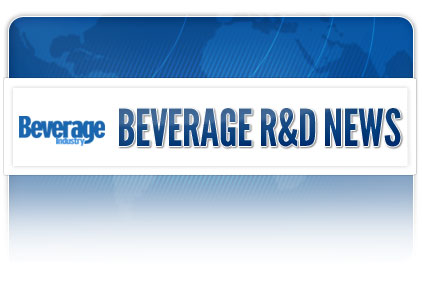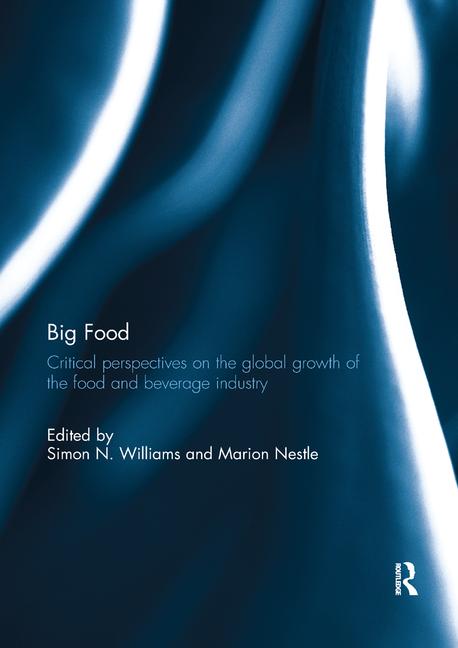As beverage manufacturers develop new products to meet consumers’ wants and needs, a number of factors could impact those developments. One factor could be the global supply chain market. Ted Nixon, chairman and chief executive officer of Louisville, Ky.-based D.D. Williamson (DDW), discusses with Beverage Industry some of the trends and factors that are affecting the global supply chain. DDW operates nine manufacturing sites on five continents that supply naturally derived coloring to customers in 100 countries, it says.
BI: What trends are influencing the global supply chain?
TN: Food safety continues to be the key supply-chain driver. Global beverage companies are working more and more with global suppliers to reduce risk. They select strategic ingredient suppliers to protect their customers’ brands.
Global Food Safety Initiative (GFSI) certification has raised the bar for quality system standards. At the 2013 Global Food Safety Conference, GFSI experts encouraged companies to get to know their suppliers “from farm to fork.” Looking merely one step forward and back in the supply chain will no longer suffice. Suppliers will need to know their suppliers’ suppliers. Under GFSI, standards have expanded beyond ingredients to include packaging that contacts food. Risk management and food safety has more of a 360-degree perspective.
Increasing demand for natural ingredients means that availability is an increasing concern for our customers in beverage processing. Sourcing from multiple regions of the world is necessary to reduce supply risks resulting from weather, poor yields, crop quality and transportation disruptions.
Sustainability and HR practices are becoming more important. Large companies now require suppliers to meet Corporate Social Responsibility (CSR) standards.
BI: How are these trends impacting the beverage industry?
TN: I see beverage companies looking less at the cheapest ingredient price per kilo[gram] and more at the total cost equation that includes brand risk. Our beverage customers are asking us to verify and cross verify our supply chain, and that carries a cost. GFSI forces companies to take a fresh look at all suppliers. Supplier audits have more depth.
Product recalls and safety scandals in the food industry, such as horse meat, Sudan Red and melamine, have hit the radar screen of beverage companies and given everyone cause for concern.
BI: Have trends in the beverage industry impacted the global supply chain? If so, how?
TN: The trend toward natural beverages has increased demand for regulatory compliance and ingredient documentation in terms of organic, [genetically modified organisms] (GMOs), allergens, halal, etc.
Safety certification standards are higher. For example, for GFSI compliance it is not sufficient to simply have a [Hazard Analysis Critical Control Point] (HACCP) plan. It must be demonstrated.
With beverage industry globalization, it’s not enough for most suppliers to comply within one region. Standards and scale has moved beyond international to global as more flavor and beverage companies have built operations in emerging markets.
BI: What are some ways that D.D. Williamson is trying to meet and understand these supply chain and industry trends?
TN: 2010 — Clean, Bright, White; change acceleration process / vision impact project; participation by all associates
2011 — GFSI certification planned for each facility; six caramel color operations on five continents
2012 — GFSI certification at Grade A level for all caramel color operations
2013 — Planned GFSI certification of natural color operations in Port Washington, Wis.
Vision — Continue building internal systems that exceed all external standards
BI: What is on the horizon for the global supply chain and how will it impact D.D. Williamson?
TN: Audits are moving down the supply chain to each supplier’s suppliers. There will be more physical audits in emerging market locations and less sourcing from distributors to improve transparency. The push toward global operations presents more opportunities and also more risks.
To meet the challenge, DDW will continue to favor wholly owned subsidiaries so we can assure quality by controlling operations.
From a product development perspective, ingredient suppliers will continue to design product solutions to improve global availability and performance.




